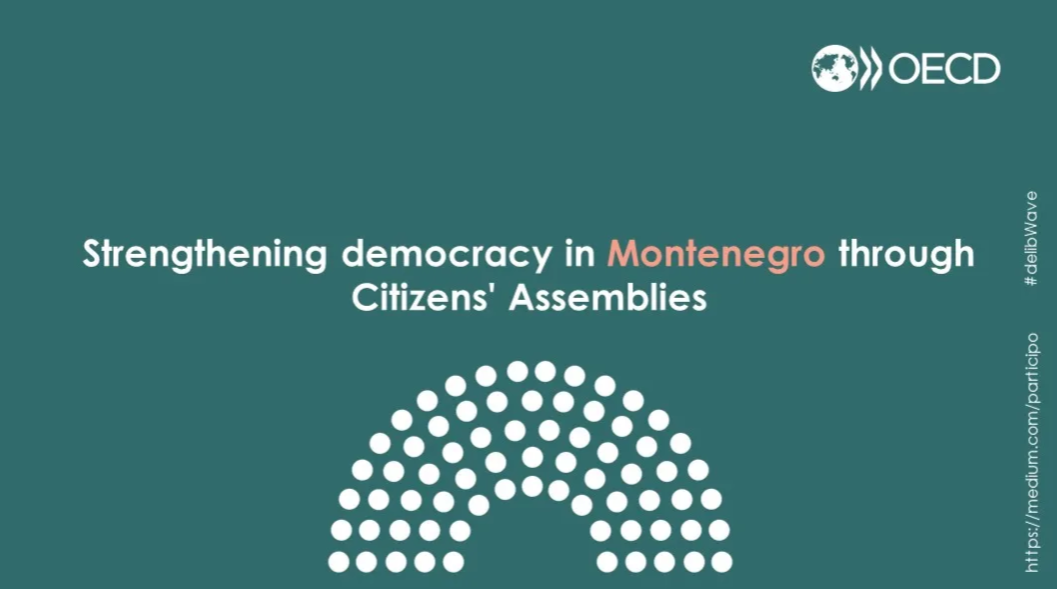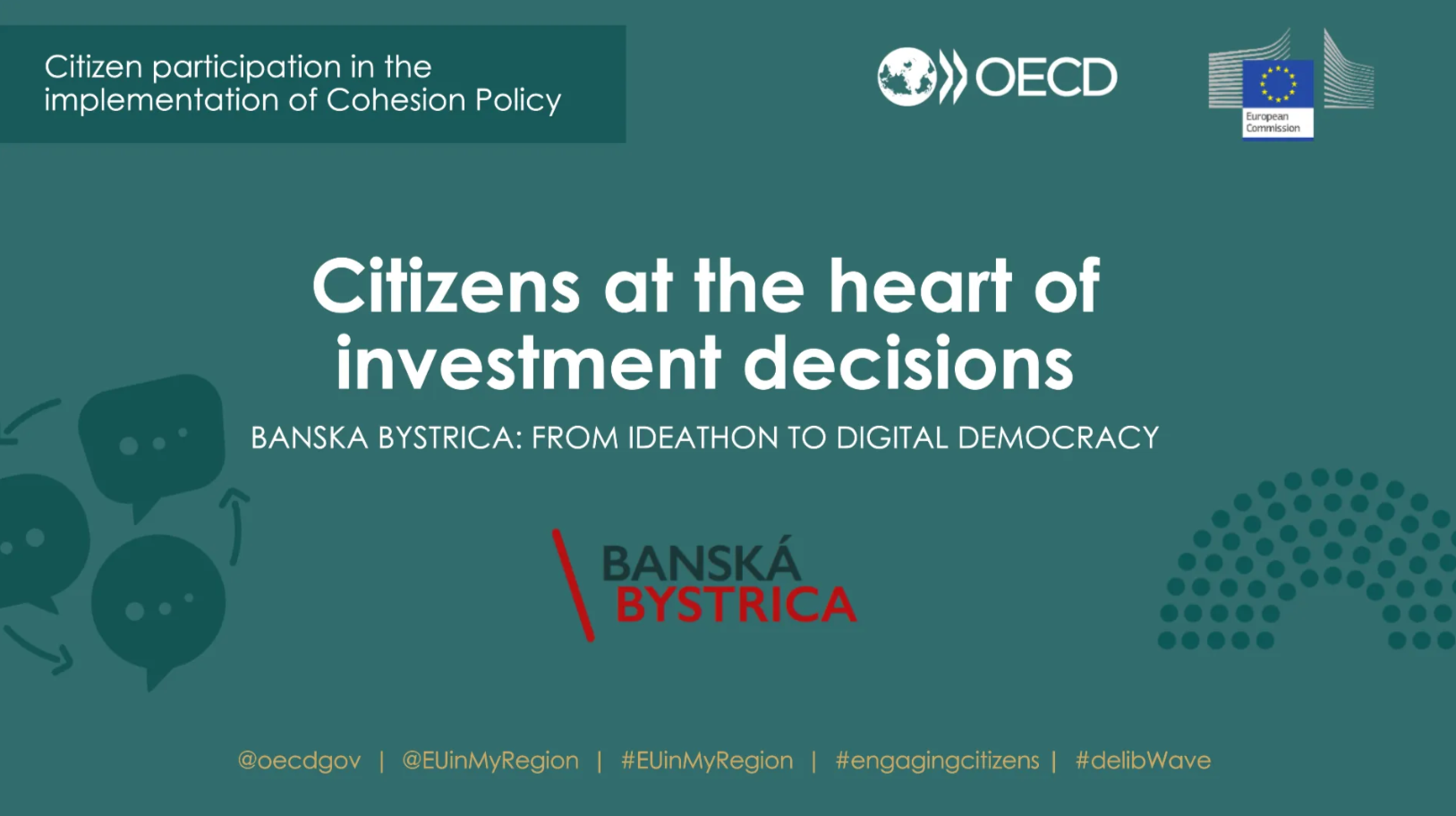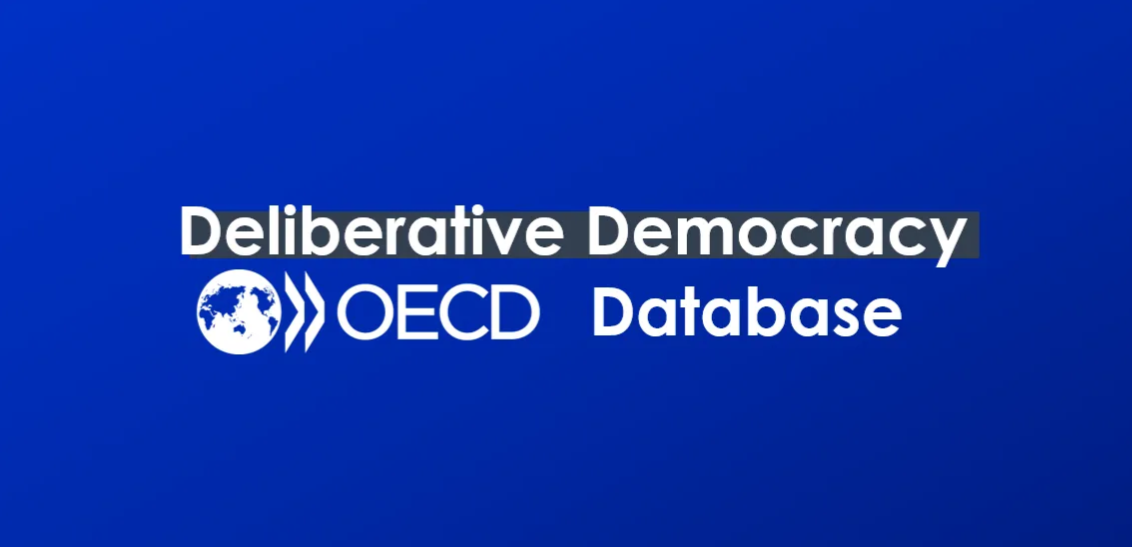In a context of low levels of trust and dissociation from traditional democratic institutions, citizens are expecting public institutions to be more representative of their interests and needs. The OECD invites public authorities at all levels of government to involve everyday citizens in solving public problems through more engaging and representative forms of participation, such as deliberative processes. The “deliberative wave” has been expanding, covering 34 countries, with 96% of the cases situated within OECD Members. By yielding public judgements rather than public opinion, deliberative processes can lead to better policy outcomes. When done effectively, they can enable policy makers to take hard decisions on challenging and contentious problems whilst enhancing trust.
Innovative public participation
Citizens must have a say in the decisions that affect them. Inclusive and impactful participation not only enriches the policymaking process by incorporating diverse views and harnessing collective knowledge, but also strengthens public understanding of outcomes, promotes policy uptake, and reinforces trust in public institutions. It is essential to institutionalise participatory and deliberative processes and better articulate them with representative democracies.

Key messages
Technology offers new avenues to enhance the scale and scope of public participation and increase governments’ responsiveness and accountability. In 2021, online deliberation was the most used medium for conducting a deliberative process, and government-wide online consultation were active in 85% of OECD countries. Civic technology has the potential to improve representation and participation by creating more opportunities for citizens and stakeholders to express their priorities. It plays a critical role in monitoring public action and in ensuring the integrity of electoral processes. Public institutions must responsibly harness the opportunities brought by emerging technologies, such as artificial intelligence, whilst making sure those reinforce rather than diminish democracy.
Minorities, women and people with lower income and educational levels tend to express less trust in government. Younger people also exhibit lower trust in government compared to older generations, with an almost ten percent difference between the groups in surveyed OECD countries. For participatory practices to foster inclusion, public authorities have to take the necessary actions to reach out and involve those traditionally marginalised groups as well as take into consideration any special needs for that all individuals are able to exercise their right to participate. In deliberative processes, participation is often encouraged and supported through remuneration, coverage of expenses, and/or by providing or paying for childcare.
Making a participatory and deliberative processes institutional means going beyond one-off processes and towards establishing a legal or cultural form of recurrence and clear rules and mandates. Embedding deliberative and participatory processes into existing representative institutions (like parliaments or local councils) can help reduce the frictions with representative democracy and support a move towards a systemic or continuous approach to democratic decision-making that combines different forms of participation to complement electoral processes. OECD countries are moving into the right direction, as institutionalised deliberative cases multiplied from 2020 to 2023, going from 22 to 41 cases, the majority of which are implemented at the local or regional levels.
Context
The deliberative wave continues to grow
The OECD Deliberative Database is composed of a collection of 733 cases from 1979 to 2023. It now includes data from 34 countries, with 96% of the cases situated within OECD Members. The steady adoption of representative deliberative processes suggests that it is seen as a trusted mechanism for public authorities to engage citizens and enhance the quality of public decisions.
Deliberation is being used to solve long-term issues, in particular environmental topics
Environment and long-term policy issues are the main topics addressed by deliberative processes. In 32% of cases collected by the OECD in 2023, citizens were tasked with producing recommendations related to the green agenda. This reinforces the trend observed in 2021, where other policy issues that require long-term thinking, such as urban and strategic planning were at the top of the deliberative process agenda.
Latest insights
-
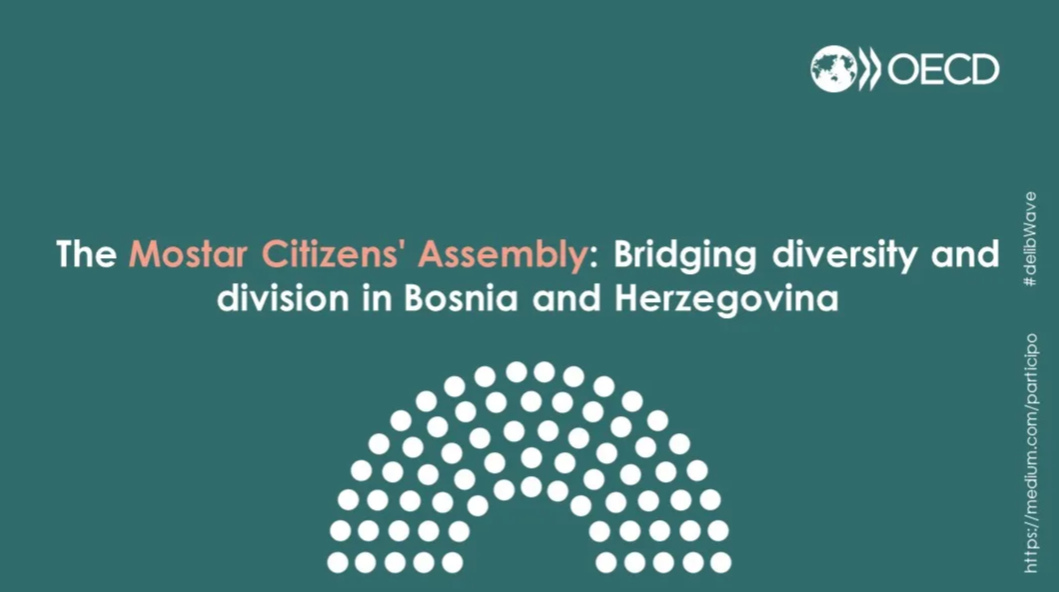 medium.com24 January 2024
medium.com24 January 2024 -
 medium.com15 December 2023
medium.com15 December 2023 -
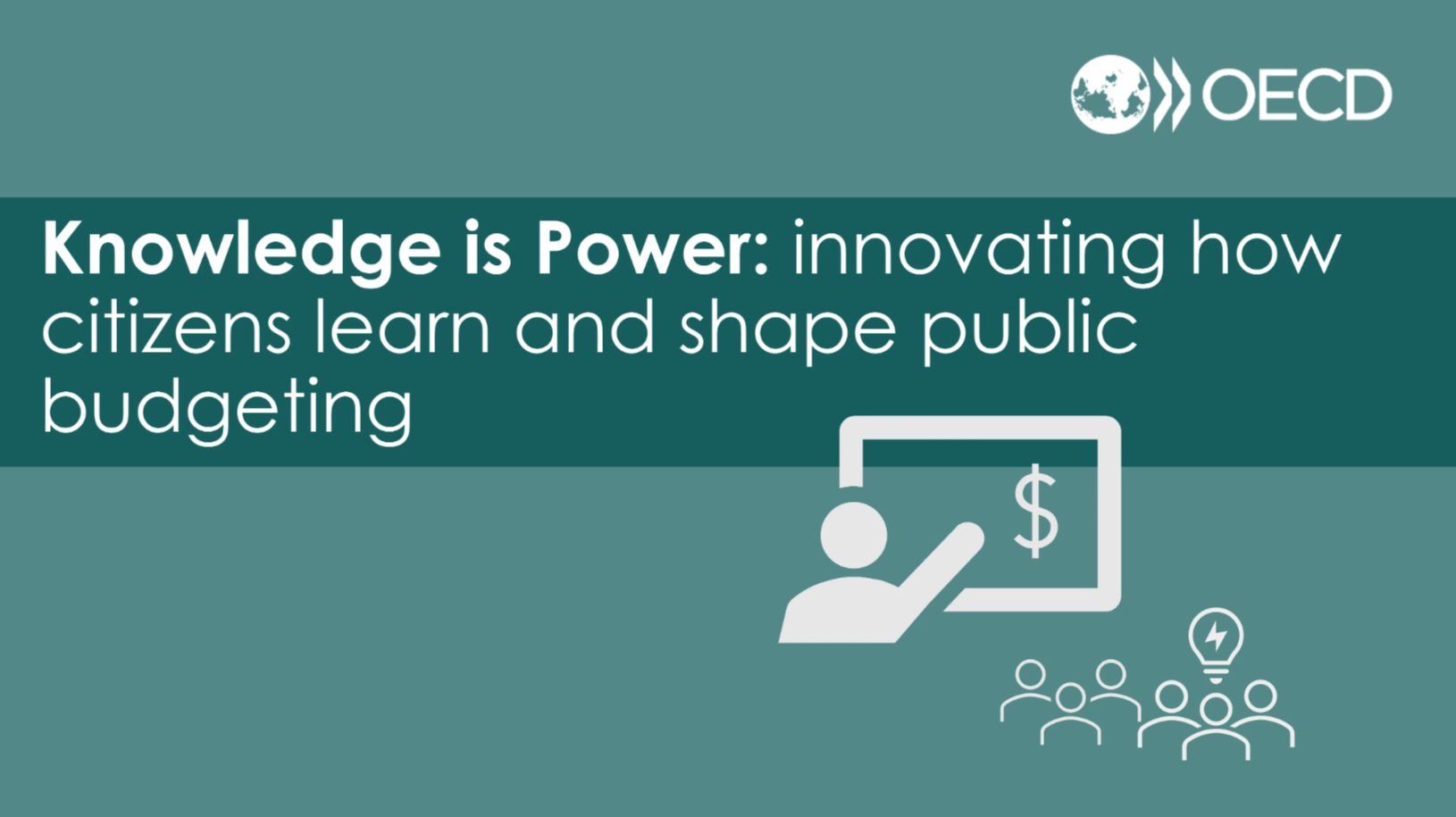 medium.com5 November 2023
medium.com5 November 2023
Related publications
Related policy issues
-
Rule of Law and access to justice play crucial role in restoring trust, ensuring respect of democratic values and supporting an inclusive recovery. Citizens expect equal access to justice, in line with the Riga Justice Agenda, which focused on developing an integrated and interdisciplinary justice response to present and future global crises. The key role of access to justice is recognised to enable democracies to deliver on people’s expectations, as improving access to justice is a key part of accessible government, in line with the SDG Agenda to leave no one behind.Learn more
-
In an era characterised by rapid technological advances, environmental shifts, changing demographics, geopolitical tensions, and evolving societal needs, traditional governance models are increasingly under pressure. Governments worldwide are seeking ways to not only respond to present challenges but also to anticipate and shape future possibilities. Anticipatory Innovation Governance is a proactive approach that integrates foresight, innovation, and continuous learning into the heart of public governance.Learn more
-
Governments around the world are increasingly using behavioural science as a lens to better understand how behaviours and social context influence policy outcomes. At the OECD, we research context-specific behavioural drivers and barriers, and support countries in the use of behavioural insights, from policy design to implementation and evaluation.Learn more
-
The spread of false and misleading information poses significant risks to the well-being of people and society. While such content is not necessarily illegal, it can contribute to polarisation, jeopardise the implementation of policies, and undermine trust in democratic institutions and processes. Action is required to strengthen the integrity of information spaces to protect freedom of expression and democratic engagement.Learn more
-
Good Practice Principles for Deliberative ProcessesLearn more
-
The impact of years of health, geopolitical and economic crises have heightened the urgency for governments to ensure accurate and timely information exchange and reconnect with citizens. Yet, amidst the challenges posed by an increasingly complex information environment, governments also find themselves presented with new avenues for public communication, stemming from the digital transformation.Learn more
